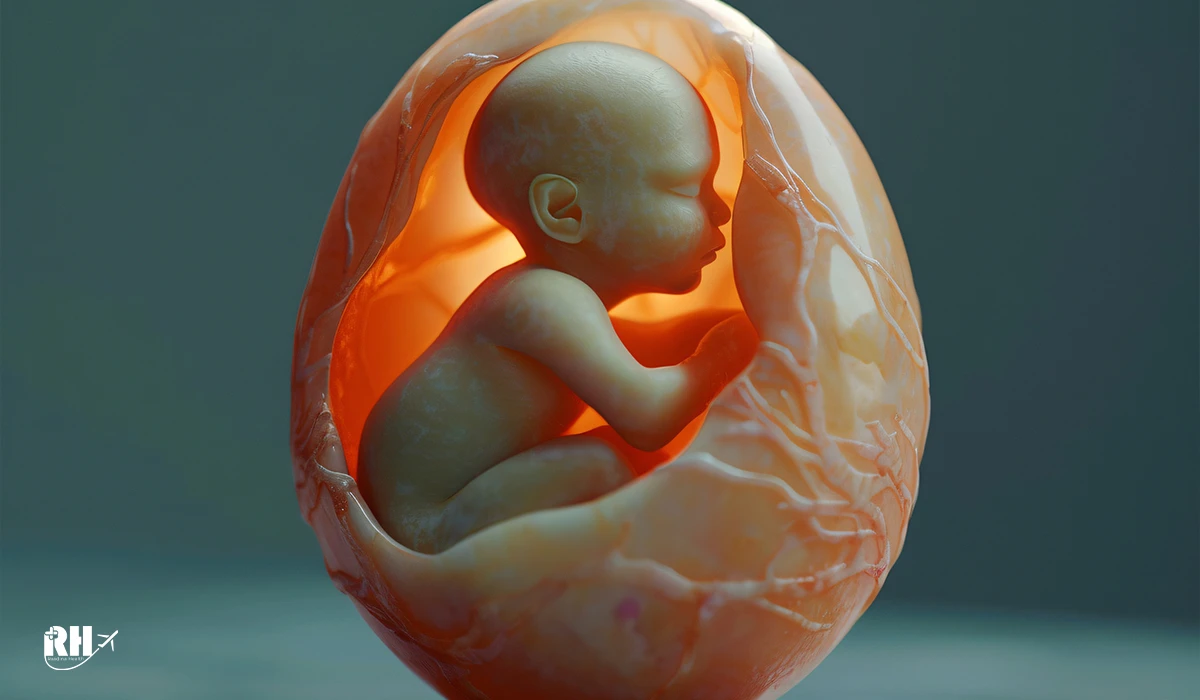Female-to-male (FTM) gender reassignment surgery is a multi-step process that involves hormone therapy, breast and genital surgery, and body feature modification. Each step requires medical evaluation, physical preparation, and psychological support, and may have short-term or long-term complications. This article provides a clear and scientific overview of the transition process, surgical techniques, success rates for each technique, and post-transition care.
Vaginoplasty is one of the most important gender reassignment surgeries for transgender women (MTF) and is performed with the aim of creating a functional, natural and harmonious vagina with the individual’s body. This surgery is performed with various methods such as Penile Inversion, Bowel Method and modern techniques, the choice of which method depends on the patient’s body condition and expectations. Postoperative care, wound care, infection prevention, and vaginal dilation play a very important role in the final success of the surgery. In this article, all the steps, risks, benefits and expected results are explained in detail and practically.
Phalloplasty is one of the most complex and advanced gender confirmation surgeries for FTM individuals and is performed with the goal of creating a penis with a normal appearance and function. The procedure involves several steps: removing a skin flap, constructing a penile shaft, creating a urethra, connecting nerves and blood vessels, and, if desired, implanting an erection prosthesis. The choice of the appropriate procedure depends on medical factors, the individual’s goals, and the body’s tissue conditions. This article reviews the types of techniques, the step-by-step process, the rate of recovery of sensation, the ability to stand and urinate, and the care required during the recovery period.
Gender reassignment surgery in Islam is a hotly debated topic in both Shia and Sunni jurisprudence, and many authorities consider it permissible if a genuine gender identity disorder is diagnosed; while others have accepted it only in limited circumstances or with specific restrictions. The laws of Islamic countries also vary from full acceptance (such as Iran) to restrictions or prohibitions (such as Saudi Arabia and some Arab countries). This article presents a comprehensive picture of the religious and legal status of gender reassignment surgery by examining the opinions of religious authorities, analyzing the views of religions, and comparing the laws of Islamic countries.
Iran has become a major destination for gender reassignment surgery in recent years, especially for foreign applicants seeking affordable prices, a skilled medical team, and a clear legal process. In Iran, the medical and legal approval process is more transparent and faster than in many countries, and surgeries are performed by experienced surgeons in specialized centers. This article provides a comprehensive overview of the licensing process, required documents, approximate cost of surgery, post-operative care, and residency requirements for foreign applicants.
Choosing the right country for gender reassignment surgery is a sensitive and fateful decision that must be made based on the quality of medicine, surgeon experience, costs, recovery time, and legal requirements. Countries such as Thailand, the United States, Canada, and Iran are well-known options due to their long history of gender confirmation surgeries. This article examines the most important selection criteria, the advantages and limitations of each country, and essential tips for making an informed decision.
Gender reassignment surgery is a multi-step process that includes psychiatric evaluations, hormone treatments, and ultimately specialized surgery to align the genitals with the person’s desired gender. The cost of this procedure will vary depending on the type of surgery, the treatment center, and the need for additional procedures. Postoperative care, such as medical follow-up, wound care, and hormone regulation, also play a decisive role in the final result. This article thoroughly reviews the procedure, approximate costs, and important pre- and post-surgery care.
Receiving donor eggs is an infertility treatment that offers many benefits, including increased chances of pregnancy and the possibility of having a healthy child. However, the procedure may also have disadvantages, including medical risks, the need for psychological and social evaluation, and some legal concerns. Knowing the pros and cons helps couples make an informed and appropriate decision.
In the egg donation method, the baby receives its genetics from the egg donor mother and the genetic father, and the recipient mother plays the role of a carrier. This means that the baby is not genetically identical to the recipient mother, but all the care and communication during pregnancy is carried out by her. This article fully explains the genetic differences and the role of each parent in the egg donation.
Currently, infertility treatment using donor eggs is one of the modern methods that increases the probability of pregnancy to over 85 to 90 percent. This method has received significant attention in Iran and many countries worldwide and is performed in numerous infertility treatment clinics. This method is carried out in two ways: using fresh eggs or frozen eggs, each having its own specific features. Furthermore, the success rate of this method depends on various factors. Join us to fully familiarize yourself with this topic.
/52_1766484074_main.webp)
(1)/481_1766392823_main.webp)
/451_1766384811_main.webp)
/43_1765364342_main.webp)
/31_1765258561_main.webp)

/1_1764824821_main.webp)

/991_1764054618_main.webp)
